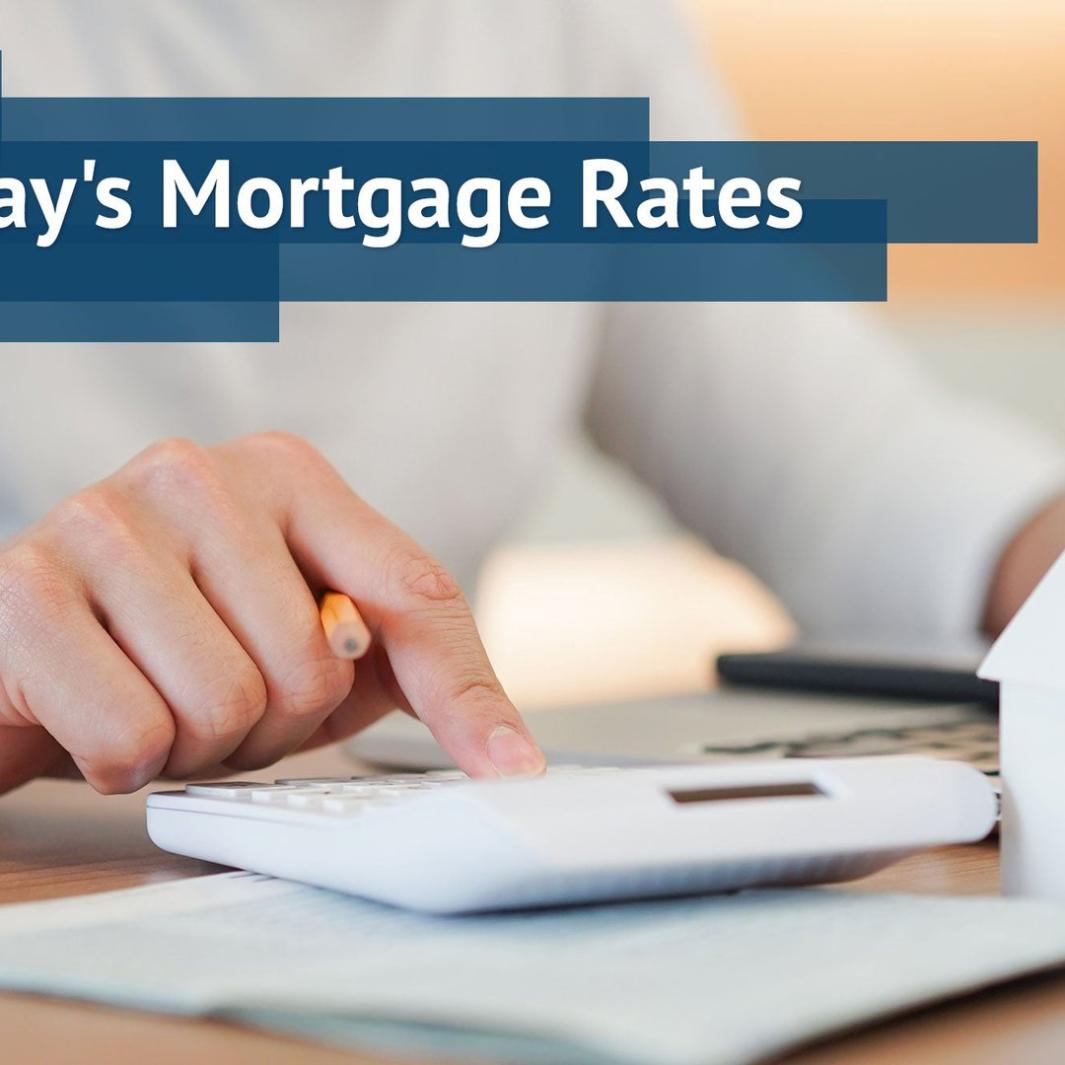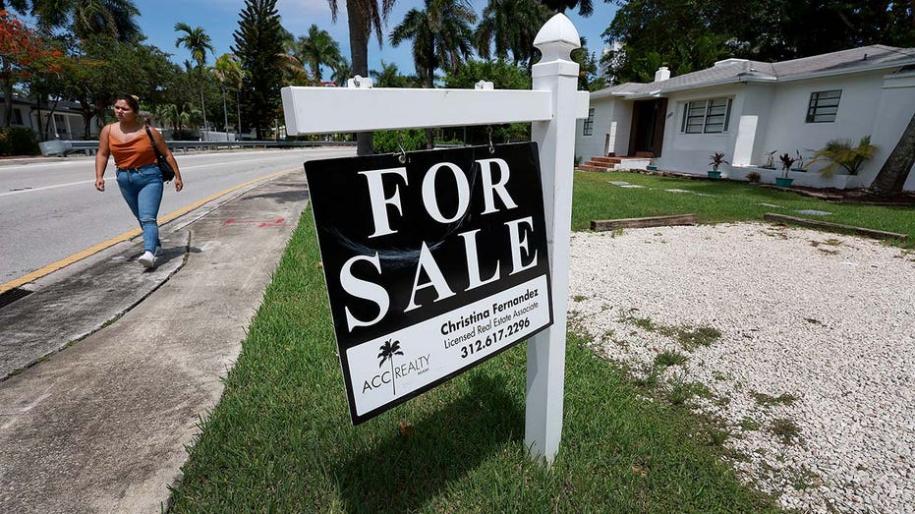Exploring Mortgage Options for Restaurant Managers: Conventional, FHA, VA, and More
Owning a home is a significant financial goal for many people, and restaurant managers are no exception. Whether you're a first-time homebuyer or looking to upgrade your current property, understanding the various mortgage options available can help you make an informed decision that aligns with your financial situation and needs.

I. Conventional Mortgages
Conventional mortgages are the most common type of home loan and are not insured by a government agency. They are typically offered by banks, credit unions, and other private lenders.
Requirements:
- Credit Score: Generally, a credit score of 620 or higher is required for a conventional mortgage.
- Debt-to-Income Ratio: Lenders will assess your debt-to-income ratio, which is the percentage of your monthly income that goes towards debt payments, to determine your borrowing capacity.
- Down Payment: Conventional mortgages typically require a down payment of at least 3% to 5% of the home's purchase price.
Benefits:
- Competitive Interest Rates: Conventional mortgages often offer competitive interest rates compared to other loan types.
- Flexible Terms: Conventional mortgages offer flexible terms, including various loan terms and repayment options.
Drawbacks:
- Stricter Credit and Income Requirements: Conventional mortgages have stricter credit and income requirements compared to government-backed loans.
II. FHA Mortgages
FHA loans are insured by the Federal Housing Administration (FHA) and are designed to make homeownership more accessible to borrowers with lower credit scores and limited savings for a down payment.
Requirements:
- Credit Score: FHA loans have more lenient credit score requirements, typically allowing borrowers with scores as low as 580 to qualify.
- Debt-to-Income Ratio: FHA lenders will consider debt-to-income ratios up to 43%.
- Down Payment: FHA loans allow for down payments as low as 3.5% of the home's purchase price.
Benefits:
- Lower Credit Score and Down Payment Requirements: FHA loans offer more flexible credit and down payment requirements compared to conventional mortgages.
Drawbacks:
- Higher Mortgage Insurance Premiums: FHA loans require mortgage insurance premiums (MIP) to be paid, which can increase the overall cost of the loan.
- Stricter Property Requirements: FHA loans have stricter property requirements, and the home must meet certain standards set by the FHA.
III. VA Mortgages
VA loans are guaranteed by the Department of Veterans Affairs (VA) and are available to active-duty military members, veterans, and their spouses. VA loans offer several benefits, including no down payment requirement and competitive interest rates.
Requirements:
- Eligibility: To be eligible for a VA loan, you must meet specific service requirements and have a valid Certificate of Eligibility (COE).
Benefits:
- No Down Payment Requirement: VA loans do not require a down payment, making them an attractive option for borrowers with limited savings.
- Competitive Interest Rates: VA loans typically offer competitive interest rates compared to other loan types.
Drawbacks:
- Eligibility Restrictions: VA loans are only available to eligible military members and veterans.
- Funding Fees: VA loans require funding fees, which can add to the overall cost of the loan.
IV. USDA Mortgages

USDA loans are guaranteed by the United States Department of Agriculture (USDA) and are designed to help low- and moderate-income borrowers purchase homes in rural areas.
Requirements:
- Income Limits: Borrowers must meet specific income limits to qualify for a USDA loan.
- Property Location: The property must be located in a USDA-designated rural area.
Benefits:
- No Down Payment Requirement: USDA loans do not require a down payment, making them an attractive option for borrowers with limited savings.
- Flexible Credit Guidelines: USDA loans have more flexible credit guidelines compared to other loan types.
Drawbacks:
- Income Limits: USDA loans are only available to borrowers who meet specific income limits.
- Property Location Restrictions: USDA loans can only be used to purchase properties in USDA-designated rural areas.
V. Other Mortgage Options
In addition to the conventional, FHA, VA, and USDA loans discussed above, there are other mortgage options that may be available to restaurant managers, including:
- Portfolio Loans: Portfolio loans are held by the lender rather than sold on the secondary market. They may offer more flexible terms and conditions but may also have higher interest rates.
- Jumbo Loans: Jumbo loans are mortgages that exceed the conforming loan limits set by Fannie Mae and Freddie Mac. They are typically used to finance high-value properties and may have stricter credit and income requirements.
VI. Choosing The Right Mortgage

Choosing the right mortgage is a crucial decision that can have a significant impact on your financial situation. Here are a few factors to consider when evaluating your mortgage options:
- Credit Score and Debt-to-Income Ratio: Consider your credit score and debt-to-income ratio to determine which loan programs you may qualify for.
- Down Payment: Determine how much you can afford to put down as a down payment. A larger down payment can help you get a lower interest rate and reduce your monthly mortgage payments.
- Interest Rates: Compare interest rates from multiple lenders to find the best deal. A lower interest rate can save you a significant amount of money over the life of your loan.
- Fees: Be aware of any fees associated with the loan, such as origination fees, appraisal fees, and title insurance fees.
- Terms: Consider the loan term, which is the length of time you have to repay the loan. A shorter loan term will result in higher monthly payments but will save you money in interest over time.
Conclusion
Owning a home is a significant financial milestone, and restaurant managers have various mortgage options available to help them achieve this goal. By understanding the different loan programs, requirements, and benefits, restaurant managers can make informed decisions and choose the mortgage that best suits their financial situation and needs.
It's important to consult with a mortgage lender to obtain personalized advice and assistance. A qualified lender can assess your financial situation, discuss your goals, and help you find the best mortgage option for you.
YesNo

Leave a Reply